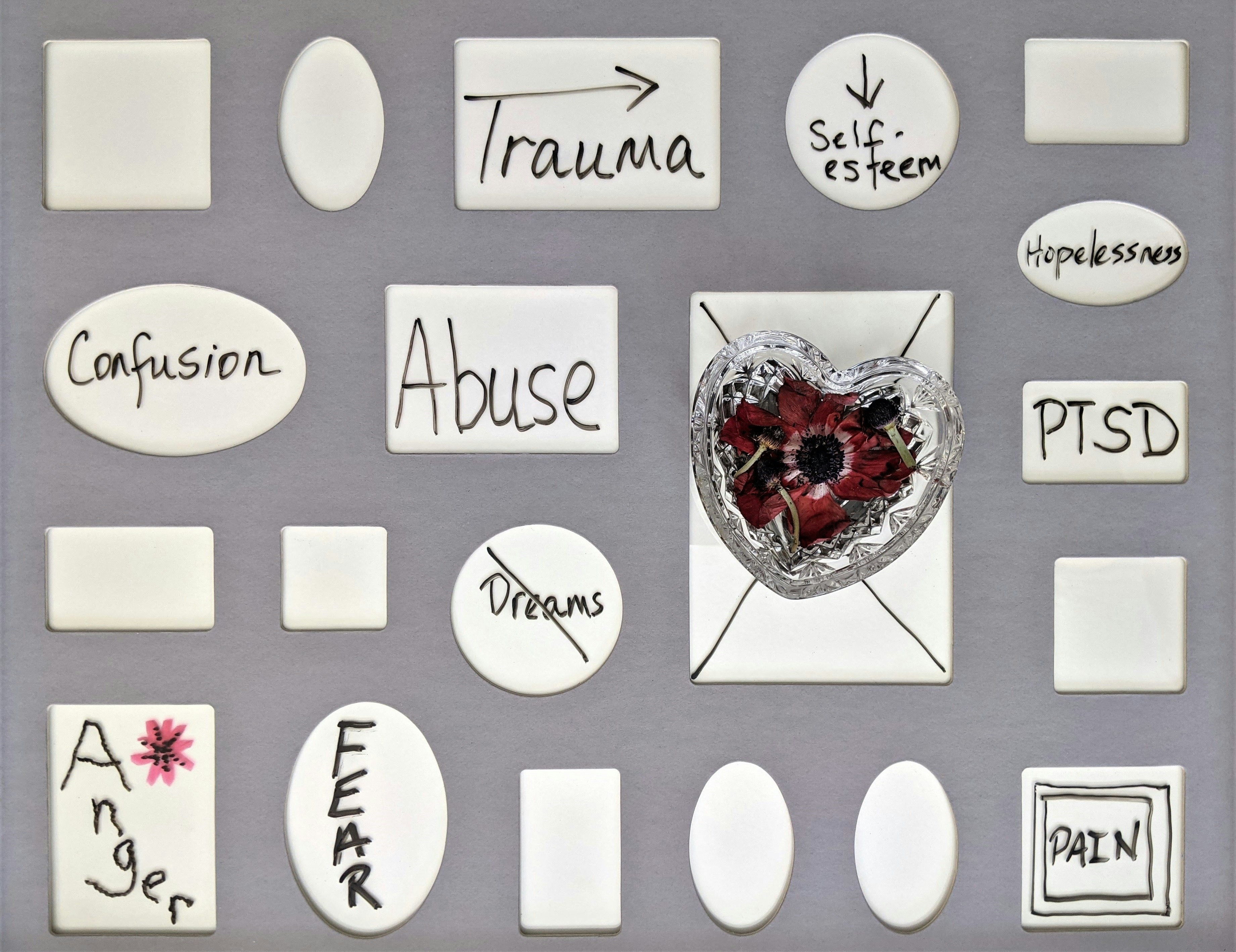Trauma, whether physical, emotional, or psychological, can have far-reaching effects on a survivor’s life. One of the less-discussed consequences is its impact on food addiction. In times of distress, many people turn to food as a coping mechanism, seeking comfort and relief in its embrace.
This can lead to unhealthy eating patterns, ultimately resulting in weight gain and obesity. Let’s examine the complex interaction of trauma, emotional triggers, and food addiction below and how it creates a vicious cycle that can be difficult to break.

Trauma, food addiction, and obesity
In the past, researchers understood obesity to be the result of genetics or lifestyle factors like having a poor diet and lack of exercise. However, there are instances where interconnected factors partially or wholly outside of an individual’s control have been found to lead to weight gain and obesity. One study reveals that childhood trauma is associated with obesity during early adulthood due to the emergence of food addiction as a maladaptive coping mechanism. Another study observing how traumatic experiences impact inpatients’ eating behavior highlights that it can lead to emotional and stress-eating habits, as well as an addiction to food and sweets.
As the cycle of trauma-driven food addiction persists, it eventually takes a devastating toll on one’s physical and mental health. Overweight and obesity brings with it a host
of medical complications, including heart disease, diabetes, joint problems, and more. The emotional effects are equally significant, with feelings of guilt, shame, and low self-esteem. This can perpetuate the cycle of trauma as individuals grapple with their body image and self-worth.
Repairing your relationship with your body and eating
Breaking free from the grip of trauma-induced food addiction and its consequences can be challenging but not insurmountable. Here are some ways you can begin to heal your relationship with your body and eating.
Seek counseling
When it comes to healing from trauma and repairing your body’s responses, there is no quick fix. However, having a professional help you navigate your relationship with your body and eating is recommended. Cognitive behavioral therapy (CBT) is one way a therapist may treat both trauma and food addiction. CBT is a goal-oriented treatment approach that focuses on an individual’s thought patterns and behaviors that lead to emotional eating. Treatment may involve identifying your triggers and tracking, organizing, analyzing, and replacing your thoughts. CBT is also helpful for learning healthier ways to manage your stress and emotions.
Join a structured weight loss program
Joining a fitness group or connecting with individuals who have similar goals can foster a sense of community and contribute to your healing process. Healthy weight loss should be holistic and sustainable, so find a group that offers the same. Opt for a science-backed weight loss program that empowers you to take control of your eating habits with nutritious meals. Having the support of trainers, dieticians, and other people looking to improve their health will keep you motivated to stay on track.
Practice intuitive eating
Food addiction and emotional eating damage our bodies’ natural cues that let us know when we’re hungry, satisfied, and full. Intuitive eating is all about getting back in touch with those natural signals and reconnecting with food as a source of nourishment. Be aware that this process can be hard and take a long time. Sometimes, the goal with intuitive eating isn’t to eat less. Instead, it’s about teaching yourself to be present and curious. When you’re able to observe the way your mind and body process certain foods, then you’ll slowly understand your internal cues.
The connection between trauma and food addiction is a profound one, with serious implications for overweight and obesity. However, with the right support and strategies, you can embark on a journey of healing and rediscovery, mending your relationship with your body and fostering healthier eating habits. This can help you walk the path toward empowerment, self-acceptance, and overall well-being.
For more on healing from trauma, check out the rest of our work here at Heal Thrive Dream.


